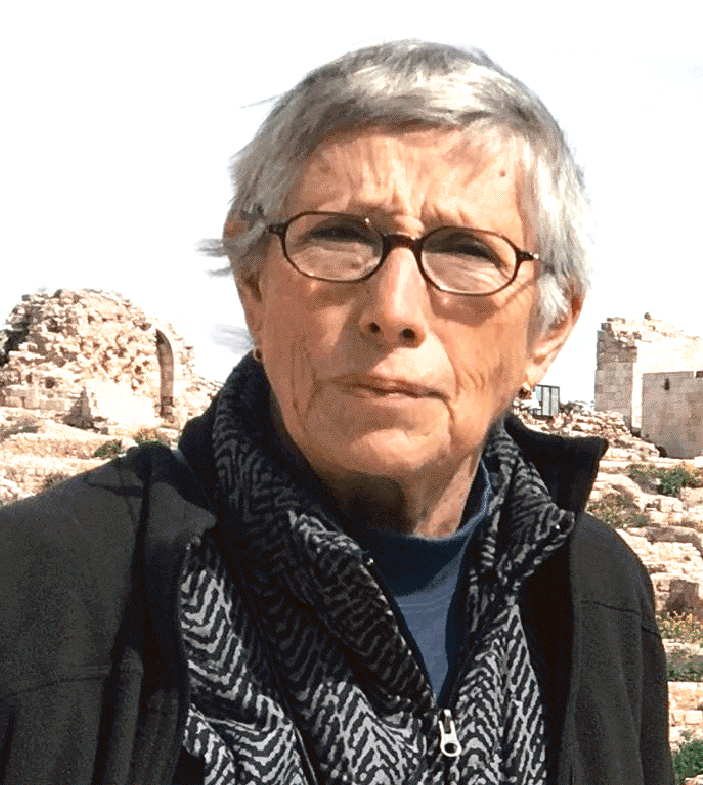When Gaza was not under Israeli occupation, attack, siege and blockade, Palestinian families used to camp on the seaside to enjoy coastal breezes and cooler temperatures and escape inland heat. Gazans set up tents and shelters shaded by palm fronds, bathed in the sea, and patronised snack stalls selling drinks, kebabs and ice cream. Men, women and children would go home mornings for showers, clean clothing and breakfast before the men went to work. During the evening, Gazans would return to the beach to sleep.
Before Israel's 1967 conquest and occupation, the whole of Gaza was a relative "safe zone" governed by Egypt. While native Gazan businessmen and women, farmers, educators, and professionals continued to manage as best they could in uncertain circumstances. Orange and olive groves and vegetable gardens produced fresh food for the populace while early strawberries and flowers were exported to Europe. Refugees from elsewhere made up 66-70 per cent of the population. Half lived in poverty in eight camps run by the UN agency UNRWA which provided food, shelter, education, and health care.
Today, more than a million Gazans, both locals and refugees, are crammed into an Israeli-proclaimed unsafe "Safe Zone" at al-Mawasi in Rafah district where displaced families are crammed into tents and makeshift shelters. This will be the second summer on the coast. They are not camping of their own free will but because Israel has ordered their evacuation from the north, centre, and south of the Strip. Most do not have homes to return to or jobs to perform. Large families are corralled into tents which accommodate four or shelters made of plastic sheeting and wooden planks. The campers have little water food, and medicine, due to Israel's near blockade which now allows only 10 per cent of Gazan needs into the strip. UN humanitarian affairs spokesman Jens Laerke said last week that Gaza is "the only defined area [in a country or part of a country where} you have the entire population at risk of famine. One hundred per cent of the population at risk of famine. Gaza is the hungriest place on earth."
Campers must contend with insects, rats, and other vermin which are attracted by mounds of rubbish. The Mediterranean coast is polluted by human waste. Children suffer skin infections and scabies as well as hunger and bombardment. Pupils are not on summer holiday. There has been no schooling since November 6th, 2023, as Israel targeted homes, schools, hospitals, and offices. Homeless Gazans have sheltered in damaged schools. The UN reported that on October 27th, 2003, that there had been 625,000 students and 22.500 teachers in Gaza. As Gaza's universities have been damaged or destroyed, this generation has lost its future.
According to the UN humanitarian agency, Gazans "are confined to ever-shrinking spaces, with 81 per cent of the Gaza Strip now within Israeli-militarized zones, under displacement orders, or where these [areas] overlap." The UN estimates that 632,700 people have been displaced - many multiple times - since Israel broke the ceasefire on March 18th. Sixteen days earlier Israel imposed a blockade on water, food, medicine, fuel, and hygiene kits, depriving the 2.3 million Gazans of the necessities of life. Gazans now live under bombardment and drone and artillery attack, and frequent evacuation orders.
Sigrid Kaag, the interim U.N. Special Coordinator for the Middle East Peace Process, warned last week. "The entire population of Gaza is facing the risk of famine," pointing out that the limited aid Israel allows into Gaza, about 10 per cent of what is needed, is like "a lifeboat after the ship has sunk."
Oxfam Gaza director Bushra Khalidi called Israel's assault on Gaza "an annihilation campaign [and said] the bloodshed must end." She called on Western governments to cease making statements about the catastrophic situation in Gaza and "apply meaningful pressure on Israel to lift the siege and abandon any designs on annexing Gaza."
She called on countries to adopt concerted measures at the June 17th-20th "two-state solution" conference at UN headquarters in New York. Co-chaired by France and Saudi Arabia, the conference is expected to promote recognition of a Palestinian state by countries which have not joined the 150 which recognise the Palestinian Authority as the representative of the State of Palestine. It has observer status in the UN but is not a full member. France is among the European states expected to extend recognition. In May 2024, Ireland, Spain and Norway recognised Palestine despite disapproval of other European governments. Israel’s onslaught on Gaza and innocent Gazans may have convinced recalcitrant European leaders that Israel has gone too far in its deadly and devastating persecution of Gaza.
